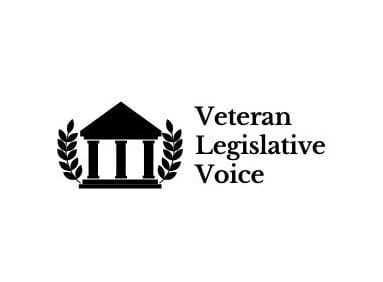As more and more scandals and unfortunate news comes from the military, it draws the question of how much these people are risking by speaking out. This thought came to me as I was listening to a podcast, “The Politics of Survival” with Tara Reade. The episode was “The Politics Of Whistleblowing with Amy Braley-Franck.”
You see, Amy Braley-Franck was a whistleblower on what was happening inside the 416th Theater Engineer Command of the Army Reserve. She has been on paid suspension for the last two years after reporting the atrocities she witnessed while working for the 416’s Sexual Harassment and Assault Response Program (SHARP). For more information on the podcast and her testimony in Congress, go to the bottom of this article.
One of the notable cases surrounding this subject is the Supreme Court Parker v. Levy (1974).
Army Captain Doctor Howard Levy had “urged Black enlisted men to refuse to serve in Vietnam because “they are discriminated against and denied their freedom in the United States, and . . . discriminated against in Vietnam by being given all the hazardous duty, and they are suffering the majority of casualties.”
Levy was charged and convicted with Articles 133 and 134 of the Uniform Court of Military Justice (UCMJ), and while the federal district court affirmed the conviction, the Court of Appeals reversed the decision because it found that the articles were “unconstitutionally vague.” Sadly, the Supreme Court reinstated the conviction.
Of late, our military whistle-blowers have brought attention to the mismanagement of the Sexual Assault Response Program (SAPR); these leaders have been protecting the perpetrators, retaliating against those who report, and investigating into the incidents themselves (which is completely illegal by their own regulations).
When military members expose illegal acts, they are often retaliated against by their supervisors, and the current course of action for the whistleblower is to contact the Inspector General (IG).
Unfortunately, the IG operates underneath the chain of command, often the same exact chain that punished them. Even a congressional appeal may be moot because the organization that communicates with the congressperson is again, the same chain of command.
Many military generals have fought against removing powers from the commanders; but it seems to the oppressed, that the commanders hold all the cards.
The prevalence of sexual assault and harassment in the military have only increased, as well as suicide. It seems that something has to drastically change in order to stop this. For now, please support your military and veterans, and keep pushing for stronger protections for our troops.
https://thepoliticsofsurvival-withtarareade.buzzsprout.com/-1876958/9615779.






